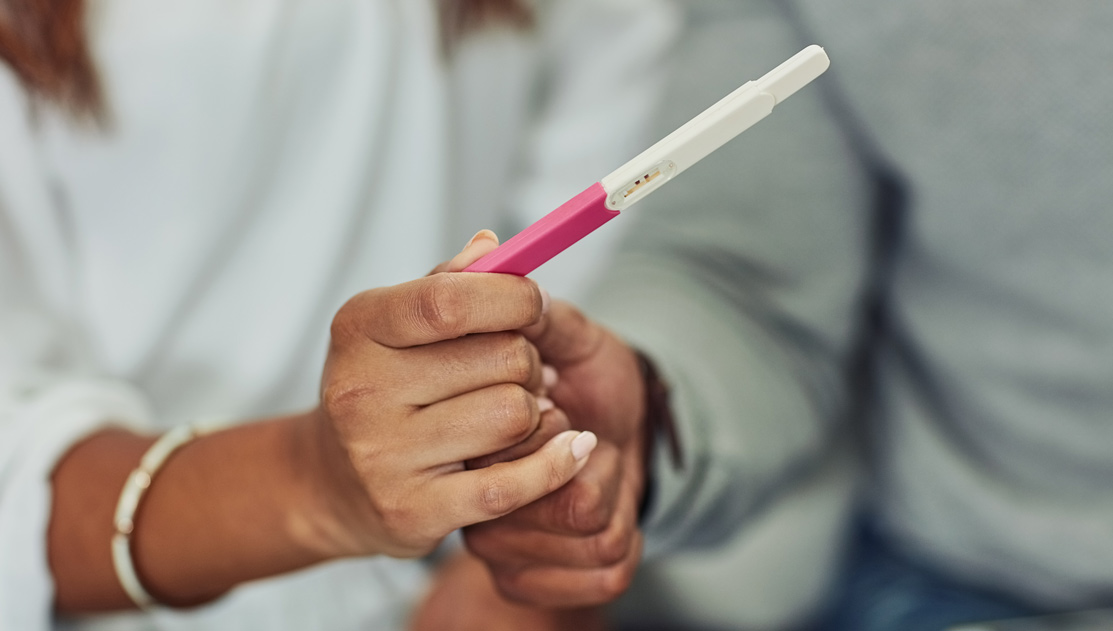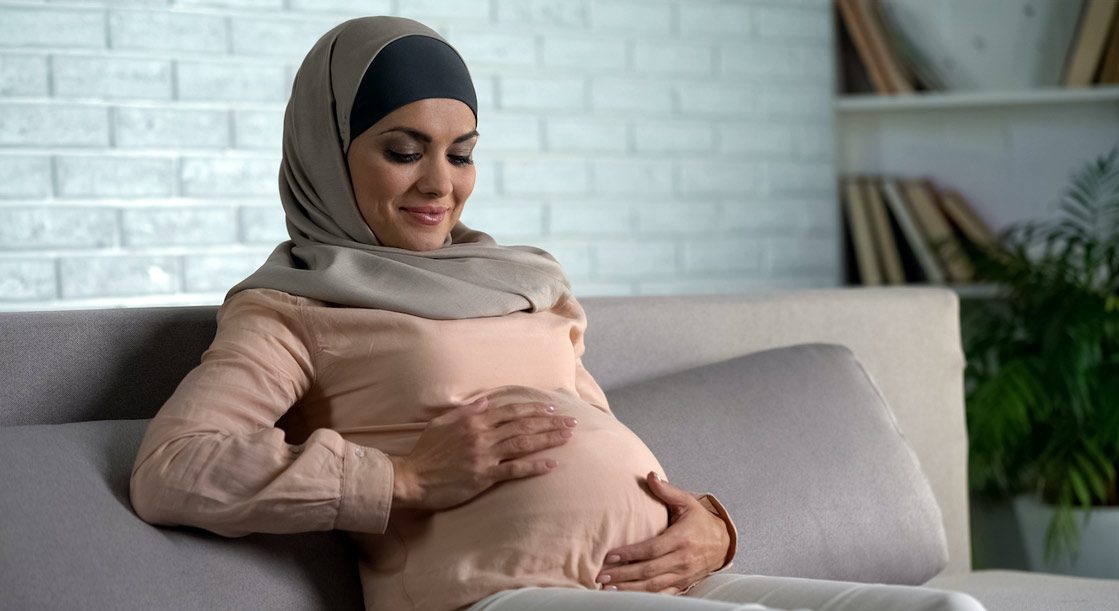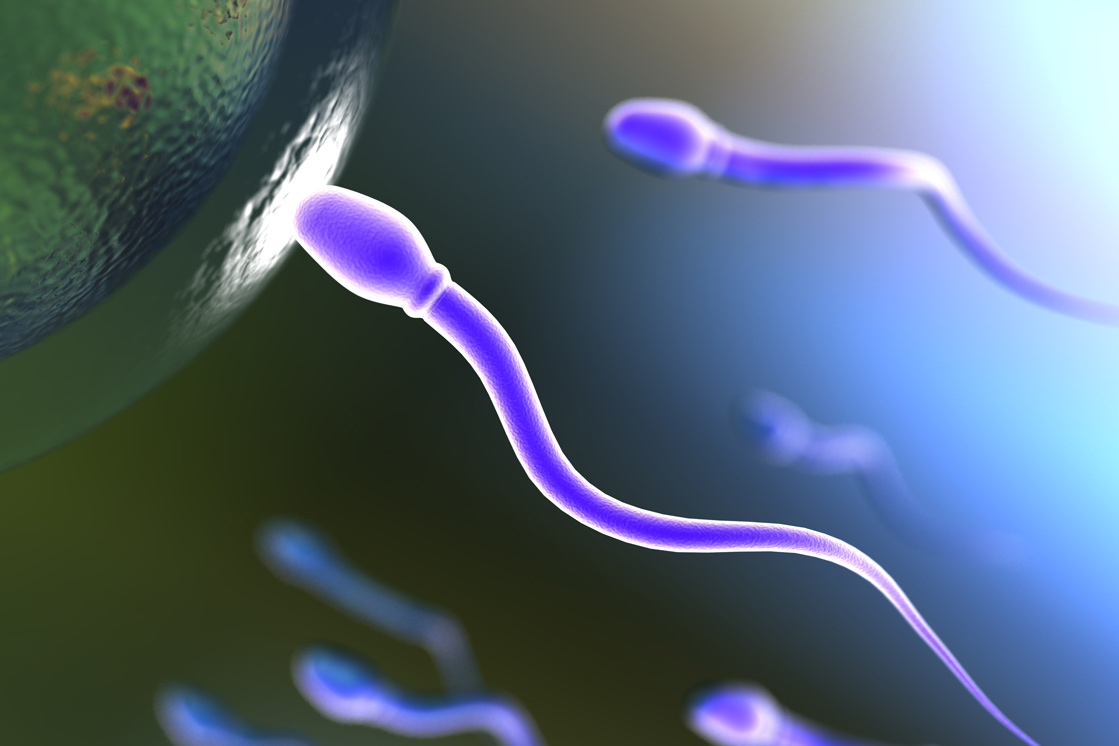For many years there has been conflicting advice about whether you should drink whilst pregnant and, also, when trying to conceive. It can be confusing knowing what to do for the best. Does Alcohol Affect Fertility?
In recent years it is becoming more evident that abstaining from alcohol is the only option if you have been experiencing fertility issues and miscarriages.
Many studies have shown that drinking, even moderately, can have a significant effect on your chances of getting pregnant. In one study women abstaining from alcohol, when trying to conceive, achieved 26.9 pregnancies per 100 cycles whilst the figure for those who consumed any alcohol was only 10.5 pregnancies per 100 cycles1. This confirms that, although we have known for a long time that heavy drinking has a negative impact on fertility, even moderate alcohol intake (five drinks or less per week) may also be contributing to the risk of certain types of infertility1.
And it’s not only women who need to be wary of alcohol intake. For men, excessive alcohol interferes with testosterone, FSH and LH levels, affecting sperm quality and production: “Progressive deterioration in semen quality is linked to increasing alcohol intake … In a study of 100 alcoholics, only 12% showed normal semen parameters compared to 37% of the non-alcoholics2.”
Again, the best advice for men who are experiencing fertility issues is to abstain from drinking to improve your chances of conception.
What do we know about the physical effects of drinking when trying for a baby?
- Alcohol interferes with hormone production and the ovulation process.
- Alcohol intake is associated with higher rates of menstrual disorders:
- Amenorrhea (having no period)
- Anovulation (having no ovulation)
- Luteal phase dysfunction (endometrial lining issues)
- Early menopause (chronic drinking)
- Heavy menstrual flow
- Dysmenorrhea (painful periods)3
- In men, alcohol consumption is linked to higher oestrogen levels. High levels of oestrogen decrease sperm production.
- In studies, men who have considerable alcohol intake have poor sperm quality.
- Drinking alcohol increases oestrogen levels in both men and women. Breast cancer and endometriosis are also both linked to higher oestrogen levels, indicating that alcohol is most likely linked to fertility problems as well as wider health problems for drinkers.
- Women who have less than five drinks a week are less likely to get pregnant.
- Women who have less than five drinks a week are likely to take longer to get pregnant.
For an amusing insight into what alcohol might be doing to your eggs and sperm, take a look at this video.
What can be done about the effect of alcohol on fertility?
While there is no specific advice regarding alcohol consumption when trying for a baby the general consensus is that couples should have no alcohol at all to maximise their chances of conception success. However, if you are accustomed to your favourite tipple, it’s not all doom and gloom. Giving up alcohol isn’t forever. Healthy sperm and eggs are produced in roughly 120 day cycles4, so giving up for around three/four months prior to trying to get pregnant should have a positive impact on sperm and egg health in preparation to conceive.
To speak to one of our expert fertility consultants at The Fertility & Gynaecology Academy, about your fertility, simply call us on 020 7224 1880.
References
[1] https://www.ncbi.nlm.nih.gov/pubmed/9797089
[2] https://www.ncbi.nlm.nih.gov/pmc/articles/PMC3493844/
[3] https://pubs.niaaa.nih.gov/publications/arh26-4/274-281.htm
[4] https://naturalfertilitybreakthrough.com/mens-health-male-fertility/spermatogenesisthe-formation-of-mans-sperm/







